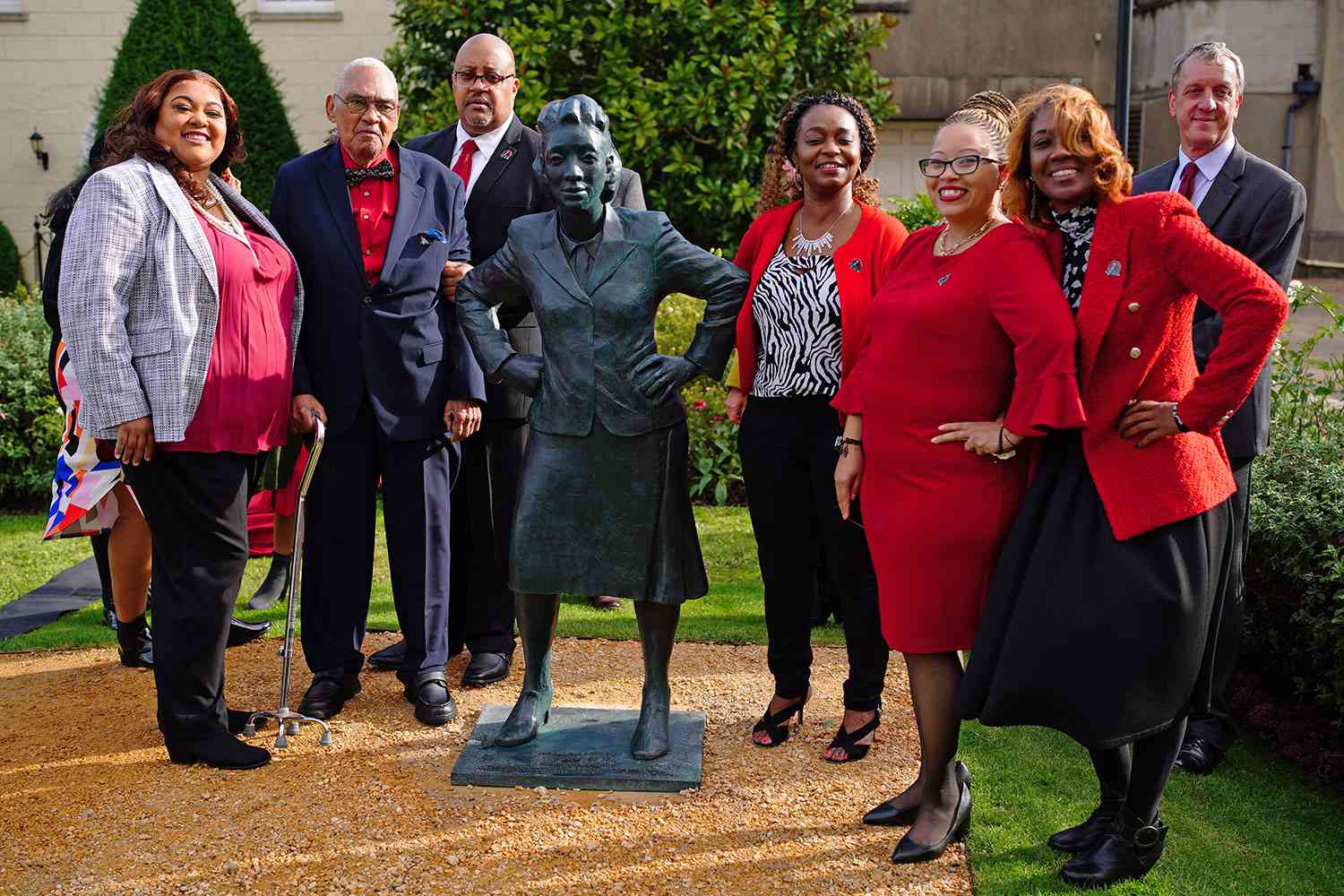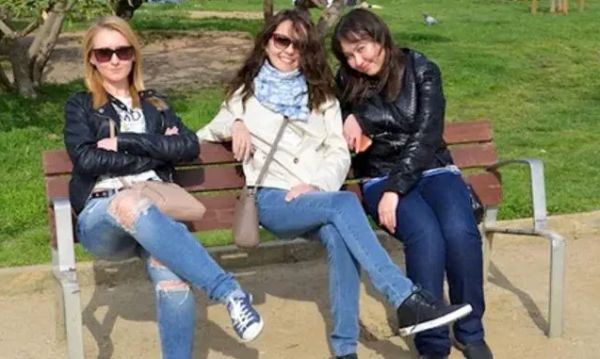The family’s attorney Ben Crump says the Henrietta Lacks’ estate has reached a settlement in the case of the cells that were harvested without her consent
:max_bytes(150000):strip_icc():focal(749x0:751x2)/Henrietta-Lacks-family08012323-020219284442426c80fd97b2d71cd14d.jpg)
Henrietta Lacks’ family have negotiated a settlement with a biotech corporation accused of stealing the woman’s cervical cells without her permission more than 70 years ago, when she was a patient at John Hopkins Hospital.
According to the Associated Press, a settlement was struck with Thermo Fisher Scientific Inc. by civil rights lawyer Ben Crump, who represented the family. According to the source, some of Lacks’ grandchildren participated in the settlement talks that took place behind closed doors all day Monday at the federal courthouse in Baltimore. The New York Times reports that on Tuesday, both parties issued the same statement.
According to the Washington Post, Crump stated at a news conference Tuesday morning that Henrietta Lacks “was not inferior, in fact, she was extraordinary.” “America should recognize that she was extraordinary in every way on this birthday.”
According to The New York Times, Lacks, a mother of five, would have turned 103 on Tuesday. When she passed away, she was 31 years old.
According to the site, Crump declined to make any additional comments at the press conference.
According to AP, both parties expressed their satisfaction at the matter’s resolution in a joint statement and promised not to make any more comments.
Tuesday night, PEOPLE reached out to Thermo Fisher Scientific for comment, but they did not respond right away.
Lacks, a Black lady, passed away from cervical cancer on October 4, 1951, over two months after her admission to the hospital. She was there when doctors, allegedly typical practice at the time, removed her cancer cells from a biopsied tumor without her consent. Dr. George Gey raised them in a laboratory.
Known as HeLa cells, they multiplied and persisted outside of her body in test tubes, enabling scientists to use the cell line widely and conduct experiments. Since then, HeLa cells have aided in the development of numerous medical innovations, including as cancer therapies, vaccines, and AIDS studies.
:max_bytes(150000):strip_icc():focal(749x0:751x2)/Henrietta-Lacks-family08012324-b8789bde8d6b44a59d7420e656e979bb.jpg)
For more than two decades, Lacks’ family was unaware of her contributions to science, according to The New York Times.
According to the Washington Post, the lawsuit against Thermo Fisher Scientific was first brought on behalf of the Henrietta Lacks estate two years ago, citing the use of cervical cells in a “racially unjust medical system.”
The family’s complaint to the court stated that Henrietta Lacks’ exploitation “represents the regrettably common struggle experienced by Black people throughout history.”
According to the Washington Post, the amount of the compensation that the Henrietta Lacks estate would receive has not yet been made public.
Lawrence Lacks Sr., her 86-year-old only living child, survived to see justice, according to Lacks’ grandson, who spoke to the AP.
“There couldn’t have been a more fitting day for her to receive justice, for her family to experience relief,” said Alfred Lacks Carter Jr. Henrietta Lacks finally had her day after a battle that lasted more than 70 years.
The Immortal Life of Henrietta Lacks, a novel by Rebecca Skloot, was adapted into a movie that documented Lacks’ life.It was turned into a Max movie in 2017 by Oprah Winfrey’s Harpo Films, starring Winfrey, Rose Byrne, and Renée Elise Goldsberry.





